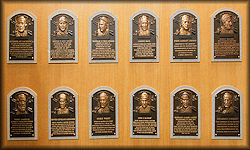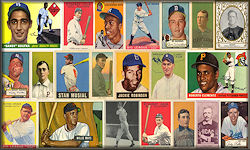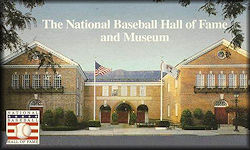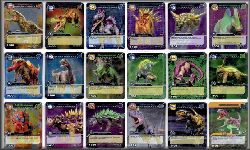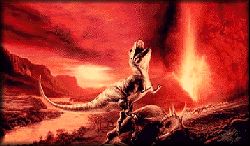If Bill McKechnie knew one thing from his playing career during the Deadball Era, it was that shutting down the opponents’ hitters were the key ingredients to winning games.
Using pitching and defense as the backbone of his philosophy, McKechnie became a highly successful manager once his playing days were done. In fact, McKechnie was the first skipper to win pennants with three different National League clubs – the Pittsburgh Pirates (1925), St. Louis Cardinals (1928) and Cincinnati Reds (1939-40).
McKechnie’s life in professional baseball began as a utility infielder for the Pirates in 1907. Though he hit .300 just once in his 11 years on the diamond, he also posted a .952 fielding percentage while playing every position on the infield except catcher.
It was on the bench where McKechnie made his biggest impact in the game. In July 1922, McKechnie took over a .500 Pirates team and guided it to a 53-36 finish, good enough for a third place overall finish in the NL standings. Under the helm of the quiet McKechnie, the Pirates seemed to instantly improve and play harder – a trend that would continue at each stop in McKechnie’s career.
“There is an air about him that makes others want to appear at their best,” wrote sportswriter Lee Allen of McKechnie. “He is the sort of man that other decent men would want their sons to play for.” Known as “Deacon” for his unassuming demeanor and regular participation in the church choir, McKechnie molded his clubs into close-knit teams that excelled in tight contests. According to All-Star pitcher Johnny Vander Meer, McKechnie “knew how to hold on to a one- or two-run lead better than any other manager.”
McKechnie’s Pirates improved each year from 1922-25, culminating with 95 wins and a World Series title in 1925. Three years later, McKechnie took control of the Cardinals and immediately led them to a world championship in 1928. In the 1930s, McKechnie lifted the Boston Braves to several finishes of "fourth or fifth with teams that should have been eighth," according to Allen.
After eight years in Boston, McKechnie arguably achieved his greatest transformation with the Cincinnati Reds. Taking over a Reds team that finished last in 1937, he focused once again on developing the control of his pitching staff.
“If you’re angry, you can’t think, and if you can’t think, you can’t pitch for me,” McKechnie told his players.
McKechnie mentored pitchers Bucky Walters and Paul Derringer and turned them into perennial All-Stars. Walters won the National League Most Valuable Player Award in 1939, while Derringer remarked that, “If a pitcher can't win for Bill McKechnie, he can't win for anybody.”
Following the lead of their two aces, McKechnie’s Reds went from worst to first in the span of three seasons. Cincinnati “guarded home plate like it was the last penny in Fort Knox,” according to baseball historian Edwin Pope, and led the league in team ERA and complete games in 1939-40. The Reds claimed their first pennant in 20 years in 1939, then followed up with 100 wins and a World Series victory against the Detroit Tigers in 1940. Walters and Derringer led the way, recording two victories apiece in the Fall Classic.
With the Reds’ October triumph, McKechnie became the first manager in history to win a World Series championship with two different teams. He managed for six more years in Cincinnati before retiring in 1946 with the second-most victories in National League history.
After his managerial career, McKechnie remained in the game as a coach for five more seasons – including a third World Series title with the 1948 Cleveland Indians. He was inducted into the Hall of Fame in 1962. (Ref: National Baseball Hall of Fame) |
